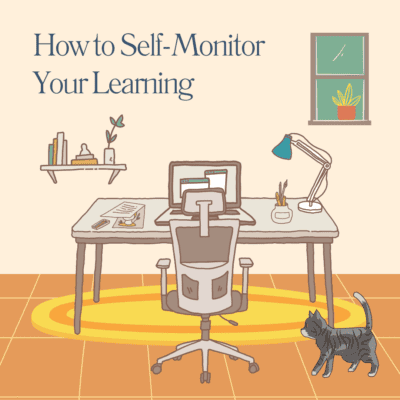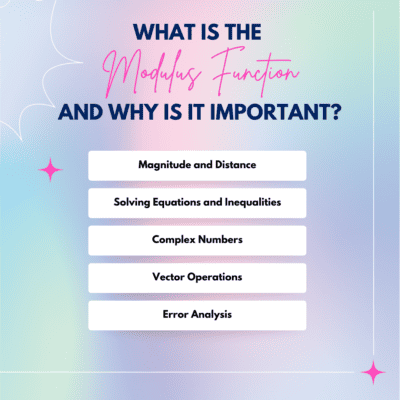As students, we embark on an educational journey filled with various subjects and skills to master. Think of it as sailing on a vast sea of learning, where each topic is like a unique destination. To navigate this journey effectively, we need the right tools and strategies, just like sailors rely on maps and a well-maintained ship. Self-monitoring your learning is similar to becoming the captain of your academic journey, ensuring you stay on track and reach your goals. As a student, these were some of the essentials for me to ensure that I was doing so!
Setting Up Your Finish Lines
Firstly, setting clear learning goals is essential for success. These goals act as a roadmap, guiding you towards what you want to achieve in your studies. Whether it’s mastering a specific subject, improving your writing skills, or acing a challenging test, having well-defined goals keeps you motivated and focused. Additionally, it’s equally important to regularly review and reflect on your progress. This means taking the time to look back on what you’ve learned and how far you’ve come. It allows you to see if you’re on track with your goals and if any adjustments are needed. By setting goals and regularly reflecting on your journey, you can take charge of your learning and stay on the path to academic success.

Mapping Your Academic Path
Studying is like a journey, and your study plans and strategies are the methods you use to succeed. Just as someone might try different tools to find the most effective one, as a student, you can experiment with various study techniques to discover what works best for you. For instance, summarising information can be efficient, while creating flashcards can serve as a helpful study aid. Managing your time is crucial for staying on track during your academic journey. By planning your study sessions effectively, you can navigate through your studies smoothly and reach your goals. So, as you embark on your academic journey, remember to choose the right study methods, explore different approaches, and manage your time wisely to achieve your learning objectives.
Self Assessment
Self-assessment is a valuable tool for staying on track in your academic journey. Similar to how a student regularly checks their understanding of the material through methods like quizzes or explaining concepts to themselves, it helps ensure you’re progressing in the right direction. Seeking feedback from teachers and peers is like having a support system to offer insights and make course corrections if necessary. Additionally, staying informed about class materials and curriculum updates helps you stay prepared for any academic challenges that may arise. Knowing your learning style can help you easier navigate your learning journey towards success.
Setting Aside Time For Yourself
Taking care of your physical and mental health is essential for effective learning. This means getting regular exercise, eating nutritious meals, and ensuring you get enough sleep. These practices are like maintaining a well-functioning engine for your studies. Additionally, practising mindfulness and relaxation techniques helps keep your mind sharp and focused. Just as you need breaks to rest and refuel during long journeys, taking short breaks during study sessions is important. Prioritising your health ensures that you’re in the best condition to tackle academic challenges.
Conclusion:
Last but not least, remember that learning isn’t just about getting to a final destination; it’s about gaining important skills and knowledge as you go. So, as you progress through your academic journey, make sure to use these strategies to help you reach your goals successfully!






